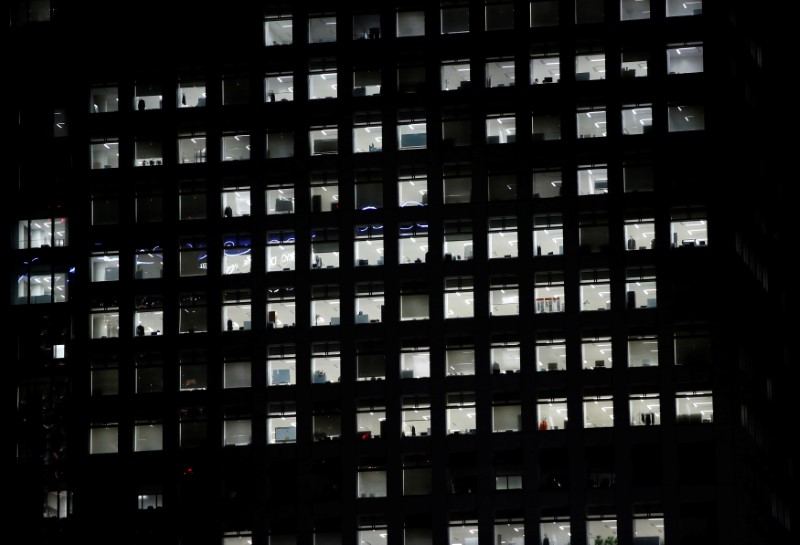TOKYO (Reuters) - Japanese workers' inflation-adjusted real wages fell in August for the first time in four months in a setback to hopes that consumer spending will accelerate and support economic growth.
The 0.6 percent decline in real wages in August from a year earlier followed a revised 0.5 percent annual increase in July, labor ministry data showed on Friday.
Summer bonuses boosted real wages in June, but since then real wages have been losing momentum as consumer prices have crept higher due to rising gasoline and kerosene costs.
The decline in real wages suggests consumers may start cutting back on other spending so they can more easily pay to fuel their cars and heat their homes.
Nominal cash earnings rose 0.9 percent year-on-year in August, slower than a revised 1.6 percent annual increase in July.
Regular pay, which accounts for the bulk of monthly wages, grew 1.3 percent in August from a year earlier. Special one-off payments, which include summer bonuses, fell an annual 7.4 percent in August after a revised 2.8 percent annual increase in the previous month.
Overtime pay, a barometer of strength in corporate activity, rose 1.0 percent year-on-year versus an annual 1.6 percent increase in July.
Major Japanese firms typically pay bonuses twice a year, once during the summer and once near year's end.
The ministry defines "workers" as 1) those who are employed for more than one month at a firm that employs more than five people, or 2) those who are employed on a daily basis or have less than a one-month contract but had worked more than 18 days during the two months before the survey was conducted at a firm that employs more than five people.

To view the full tables, see the labor ministry's website at: http://www.mhlw.go.jp/english/database/db-l/index.html